Lara: Tell us a little about yourself Julia. Where did you grow up and what was your childhood was like.
Julia: I grew up in Missouri, living in the countryside. My grandmother had a farm when I was young, and I have fond memories of playing in the barn and exploring the land. Most of my childhood was spent in the country, surrounded by woods and a river. My parents owned a home near a state highway on one side and a gravel road on the other. I had a cousin who lived just two miles down that gravel road. In the summertime, my brother and I would grab our bikes and ride over to his house, or he would come to visit us. It was a different time—a time when kids could roam freely. We used all our energy exploring the outdoors, whether it was walking, fishing, or swimming.
After graduating from high school, I knew I wanted to follow in my family’s footsteps. My mom and her sisters were nurses, and I admired them greatly. I decided early on that I would become a nurse too. I didn’t want to pursue careers like secretary or teacher, as those never appealed to me. So, I enrolled in nursing school in St. Louis, Missouri. I loved it! It was challenging, but I learned a lot and met my husband there. He was in pharmacy school in the same city. We graduated, got married about a year later, and began our adventures, moving from city to city and state to state for work. We’ve been married for nearly 45 years now, and it’s hard to believe! We have eight children, 14 grandchildren with one more on the way! This keeps us busy.
In my early nursing career, I worked in a hospital for about four years. After having two children, I decided to step back to focus on raising my family. I then took on roles as a playground supervisor, babysitter, lunchroom supervisor at an elementary school, and even a crossing guard. It seems I couldn't escape the world of children! Now, at 66 years old, I am mostly retired. However, I remain on a substitute list to help out whenever my services are needed.
Lara: I’d love to hear more about your story. It sounds like, as a young kid, you were super active. Can you tell us a bit about your home environment? What was it like growing up in the outdoors? What did your family eat? Habits that you now recognize as helpful or unhelpful?
Julia: We walked and biked everywhere; our parents wouldn’t give us rides unless it was more than two miles away or on unsafe roads. They always had a big garden, so we enjoyed fresh vegetables. My grandmother lived on a farm with fruit trees, and they raised beef in a large pasture. In terms of health, we were pretty well off. My grandmother was a cook at an elementary school, and she was a fantastic baker. She made cinnamon rolls, cookies, and pies. Cooking and feeding her family was her love language I think, and we definitely enjoyed all those sweets. But I suppose we burned it off because it didn’t really cause us any issues.
I do remember a specific moment when we had eaten a meal at home and I felt satisfied. Then, we visited my grandma, who had prepared an entire meal for us. I remember feeling like I really didn’t have to eat more, but I made the conscious decision to do so because I didn’t want to hurt her feelings. That was the first time I remember intentionally overeating. It’s so interesting how this awareness of others’ feelings shapes my life now. I’ve always been acutely aware of other people’s feelings. I remember when I was three or four years old, if I said something sincere and someone laughed—thinking it was cute—I felt like I had said something wrong. This heightened sensitivity made me reluctant to hurt others’ feelings. I would eat what was offered to me, just to avoid disappointing someone, though I’m much more selective now. I’m developing the ability to say “no thank you,” and I’ve realized that most people are okay with that.
Lara: When did you first become aware of your weight?
Julia: I remember noticing it in grade school. Looking back as an adult, I realize now that I was a head taller than all my classmates, but then I felt huge. I remember someone on the playground saying they weighed 80 pounds, and I thought, “Oh my gosh, I’m 100 pounds!” My parents were both six feet tall, which made me feel larger than my friends, and I thought, “There’s something wrong with me.” Even in high school, despite participating in sports like basketball and volleyball and being quite fit, I didn’t understand that my weight was mostly muscle mass. The first time I tried to control my weight was when I went to Weight Watchers and lost 20 pounds. I was amazed that I could reach that size, but as soon as I graduated high school, I gained 20 pounds back. It felt like a constant battle.
After having kids, I lost weight after each of my first four pregnancies, but then I became tired and sleep-deprived, and I just gave up. I started using food to either punish myself or comfort myself, and food became a constant presence in my life.
Lara: How was your health affected by your weight?
Julia: I was dealing with high blood pressure and was on three different medications for it. My glucose levels were creeping up, consistently over 100 to 105, which put me in the prediabetic range. I could see that my attempts to watch what I was eating weren't helping, and I felt like I had no control over my situation. Eventually, I had to start taking thyroid medication, and I recognized that I was experiencing symptoms of metabolic syndrome. I knew I had to make a change.
Lara: Can you clarify what metabolic syndrome is?
Julia: It’s essentially a cluster of conditions that increase the risk of heart disease, stroke, and diabetes. These conditions include obesity, high blood pressure, increased glucose levels, and hormonal imbalances. It’s a way for doctors to define a group of symptoms that often occur together due to obesity.
Lara: So, how did you get started with your health journey?
Julia: I’ve tried various programs over the past 30 years and have had success losing weight because I’m very focused. Give me a program, and I’ll follow it, but the weight always creeps back on over time. I eventually reached a point where I thought, “I guess this is how I’m going to be; I don’t have much hope of reversing this.” It wasn’t until I saw my oldest daughter and her husband aggressively exercising and trying to lose weight without results for a couple of years. Then, suddenly, she started losing weight. I watched her for almost a year as she and her husband consistently lost weight and became healthier. I thought, “Okay, what are you doing?” It turns out, she had a connection with you through giving voice lessons to your son. You had introduced them to Optavia, and that’s when their nutrition and diet really helped them finally achieve the weight loss I had been desperately trying to find.
I need to find out more about this. What is it? What do I do? When I started asking questions, it took a good month or two to get real answers. It felt like a carrot dangled in front of me, holding out hope that maybe there was something out there that could truly help me.
I remember starting this process and being afraid to deviate from the plan because I knew that if I figured out how something worked, I might start making exceptions and finding ways around it. I wanted to stay focused, so I stuck to the plan. In about nine months, I lost 94 pounds and gained so much energy! It took less than a month for that energy to kick in. Once I hit that sweet spot, my house was never cleaner. I suddenly had the energy to say, “Let’s go outside! Let’s go for a walk! What can we try now?” I found myself wanting to do things I had always dreamed of, but never had the energy to participate in. So, that was 94 pounds lost.
Lara: Since then, what have you learned?
Julia: After completing the five-and-one plan for weight loss, I spent about a year to a year and a half navigating the ups and downs of my weight and eating habits. I’ve tried to maintain a healthy diet and weight, but I realized that I was still addicted to sugar. I had to set strict boundaries for myself regarding how much I was willing to taste, eat, or keep in my house. In the past, I would beat myself up for setbacks, thinking, “Here I go again; I might as well throw in the towel.” But I’ve learned that I can make choices, and sometimes choices don’t serve me well. However, I can always choose to redirect myself back to a healthy mindset and balanced nutrition. When cravings hit, I’ve found that if I can just get through a couple of days, they usually pass, and I can get back on solid ground again. There’s still a lot of growth happening for me, especially in understanding my emotions and how they affect my habits.
I used to turn to food for comfort when I was angry or upset—definitely an emotional eater. But I’ve learned that exercise is an excellent outlet for working through those feelings. It can be exhausting, but the post-workout muscle soreness feels invigorating in a way I can’t quite explain.
Lara: Thank you for share all of this. My last question is: what has kept you in the process?
Julia: For me, it’s the little things. I love being able to hug my husband without a big belly in between us. Just the other day, my grandsons were all over me in my lap, and I realized that before, I couldn’t really hold them comfortably because my belly or legs would get in the way. Now, I can play with them; we roll around on the floor, build things, and I can get up without using my hands. Challenging myself in these ways feels amazing. Knowing where I came from and where I am now motivates me to continue on this path. I want to hold onto this newfound movement, ability, and excitement. It’s so much more fun to participate than to just sit and watch. I remember feeling tired, wishing I had the energy to engage. Now, I’m the one getting down on the floor with the kids. It feels like I’m getting to relive parts of my life that I lost due to poor health and exhaustion. My kids are grown now, and I finally have the time and energy to do things I always put off. I feel like I can explore, see new places, and truly enjoy life. Being in better health has opened up so many opportunities for me, and I’m excited about what lies ahead!
For compliance: Average Weight Loss on the Optimal Weight 5&1 plan is 12 pounds.
 No comments
No comments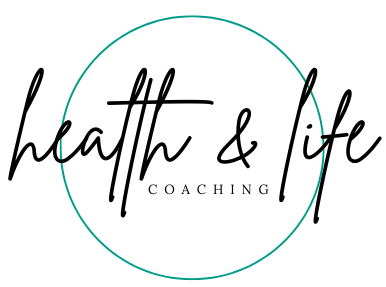





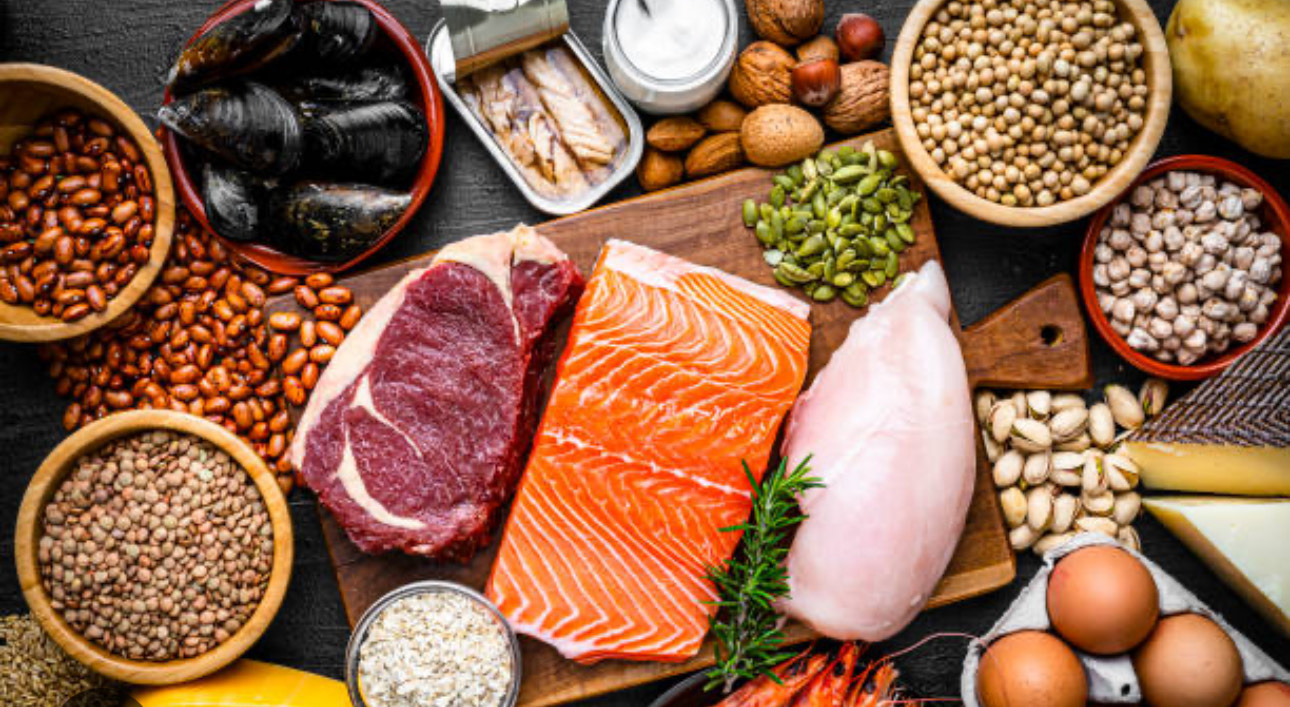
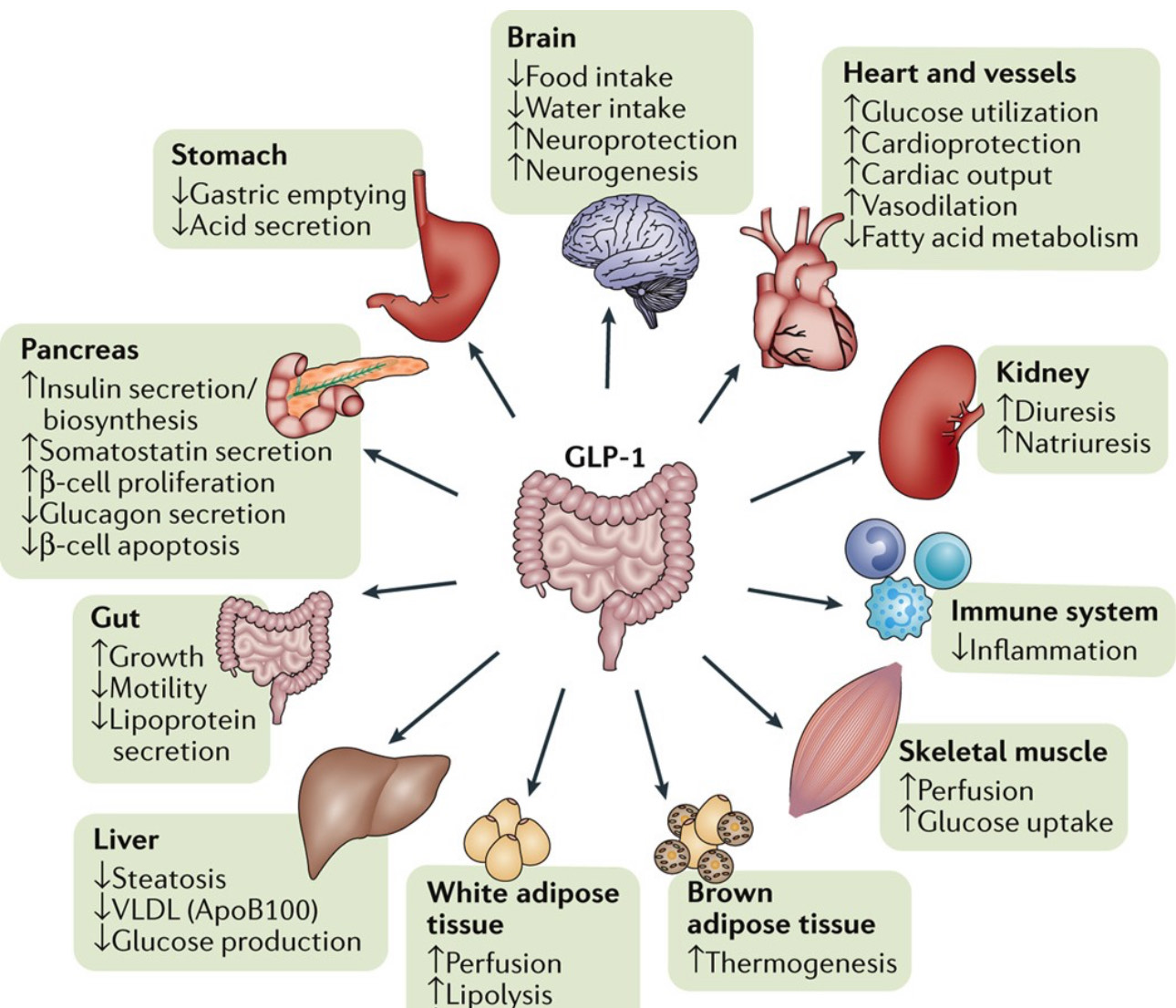
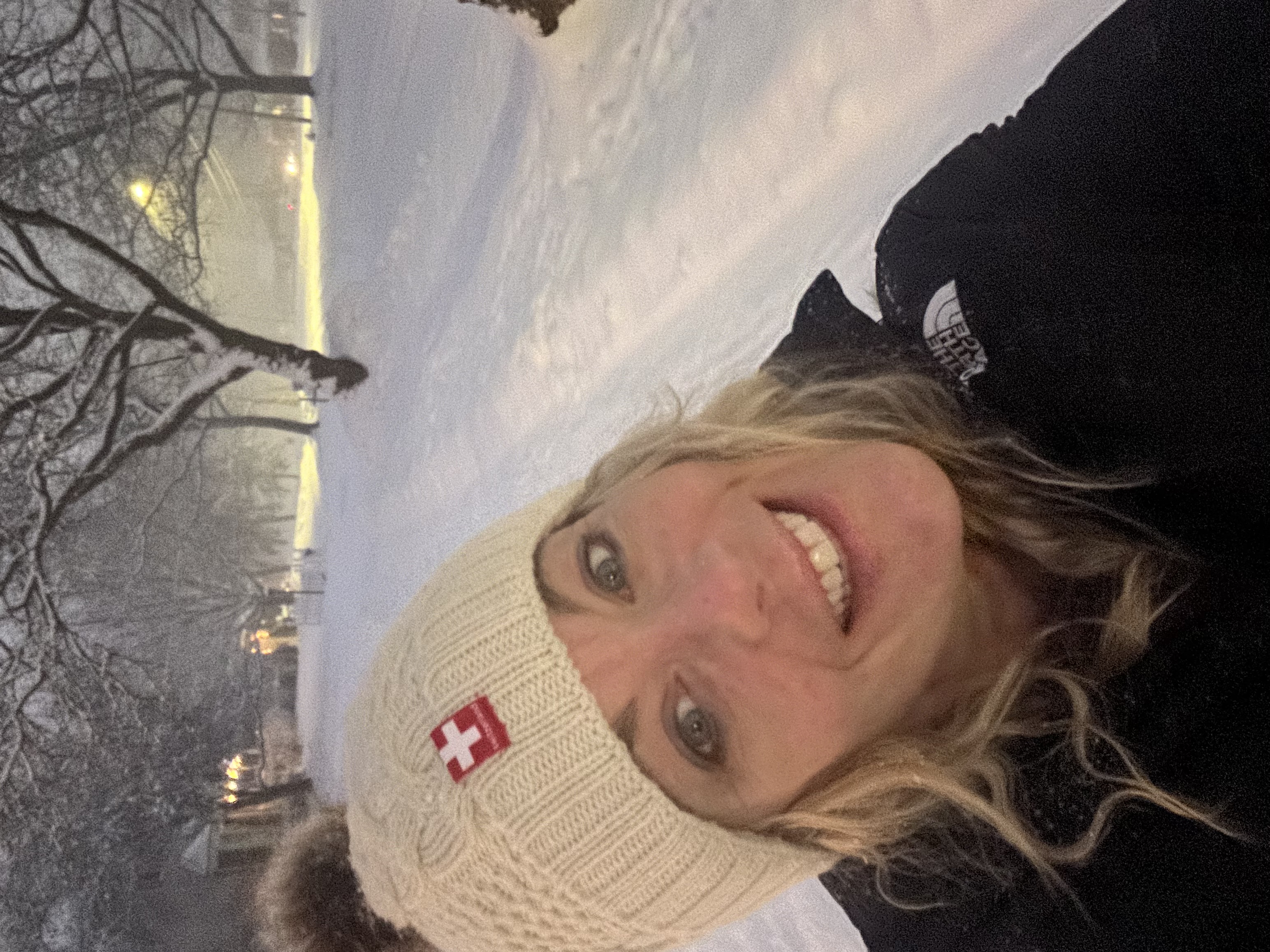
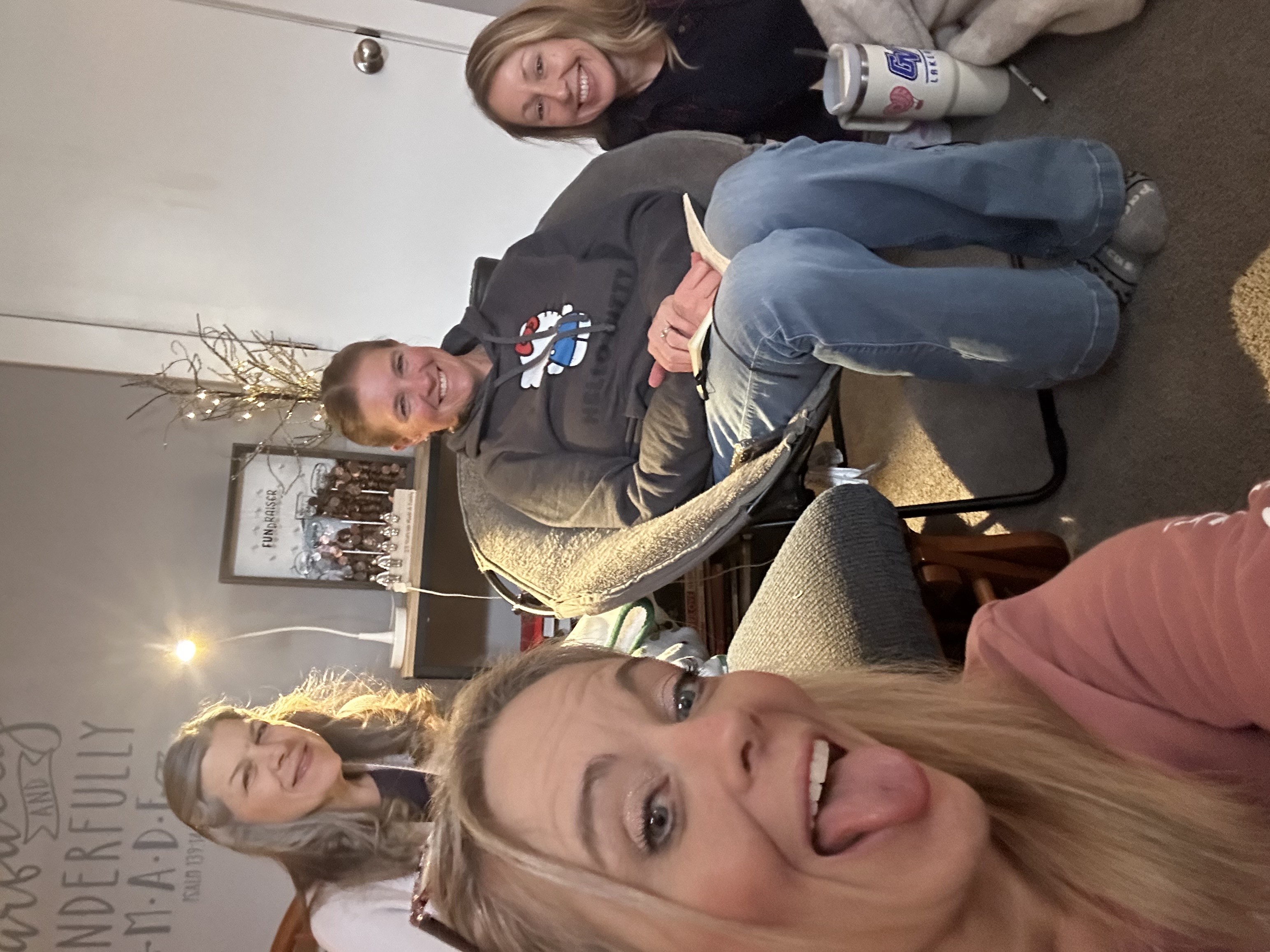
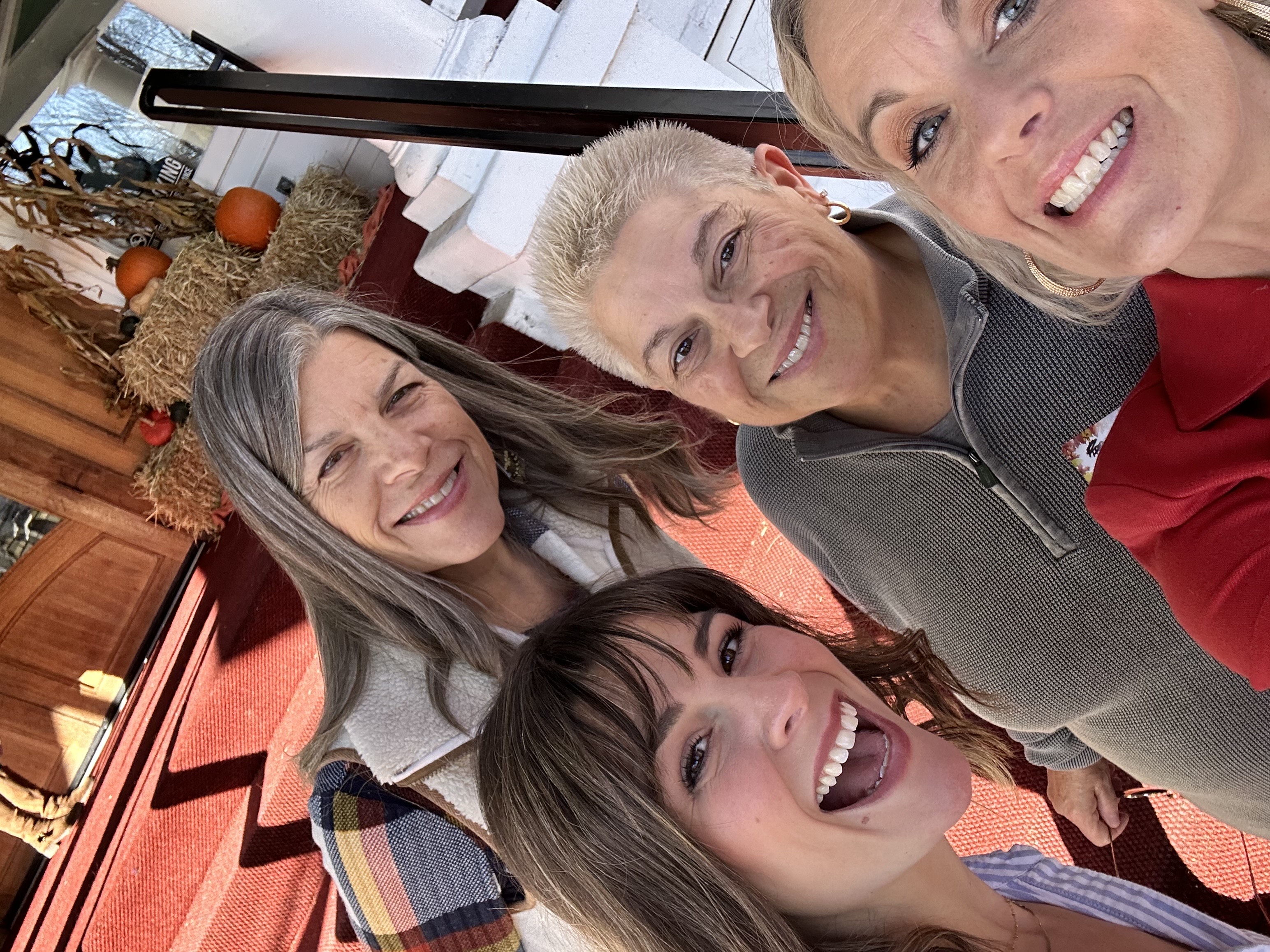
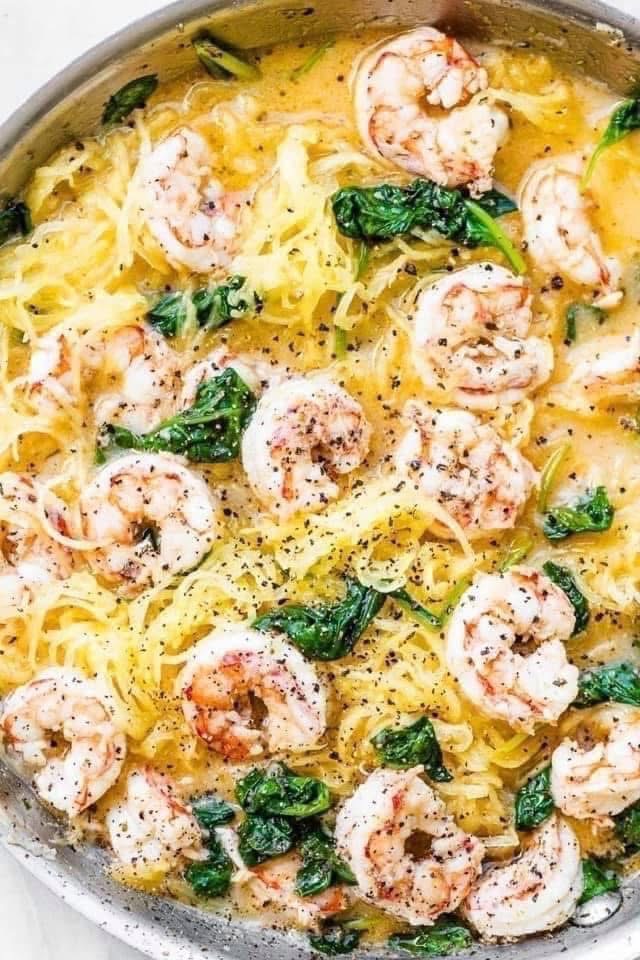

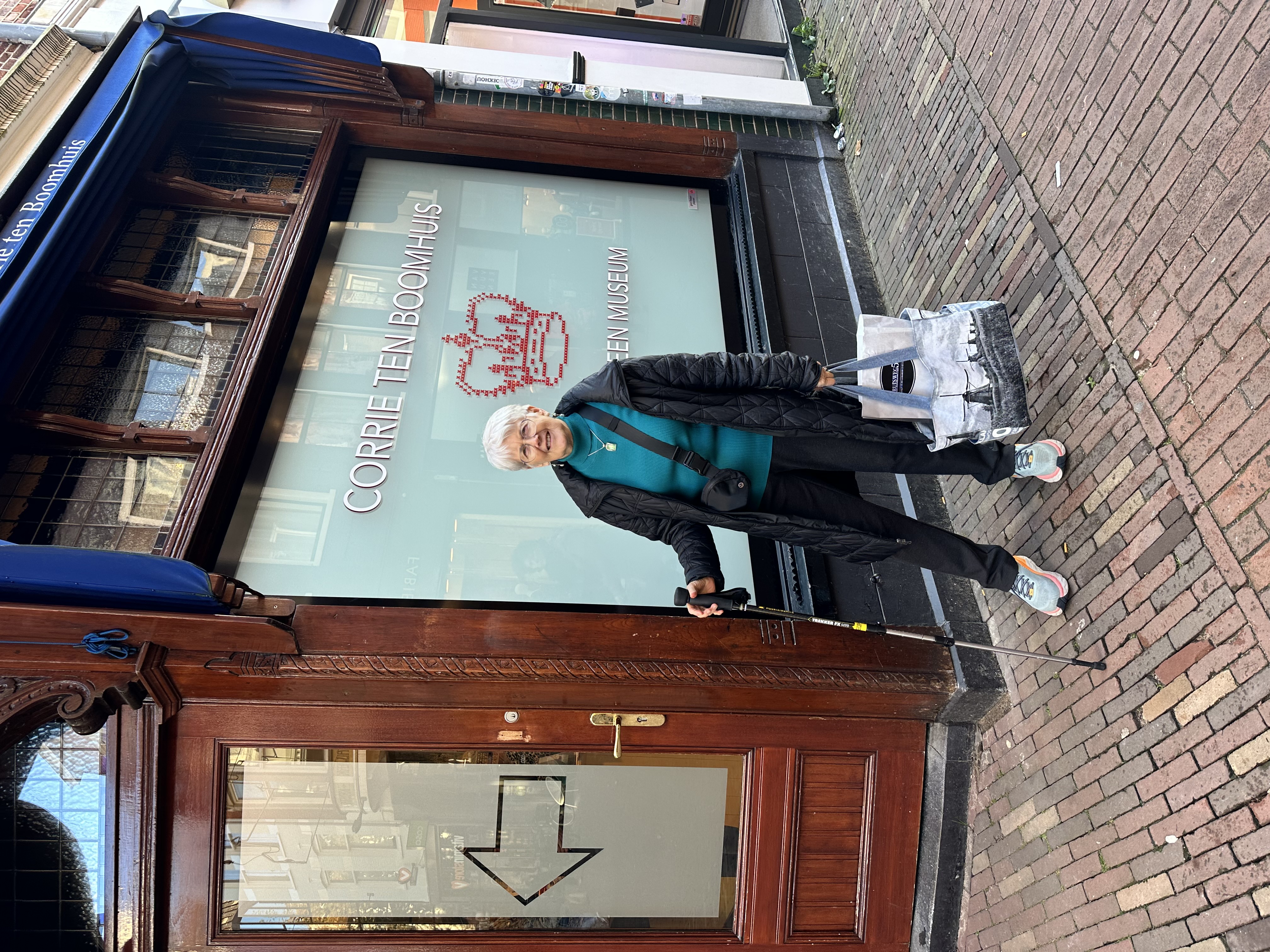
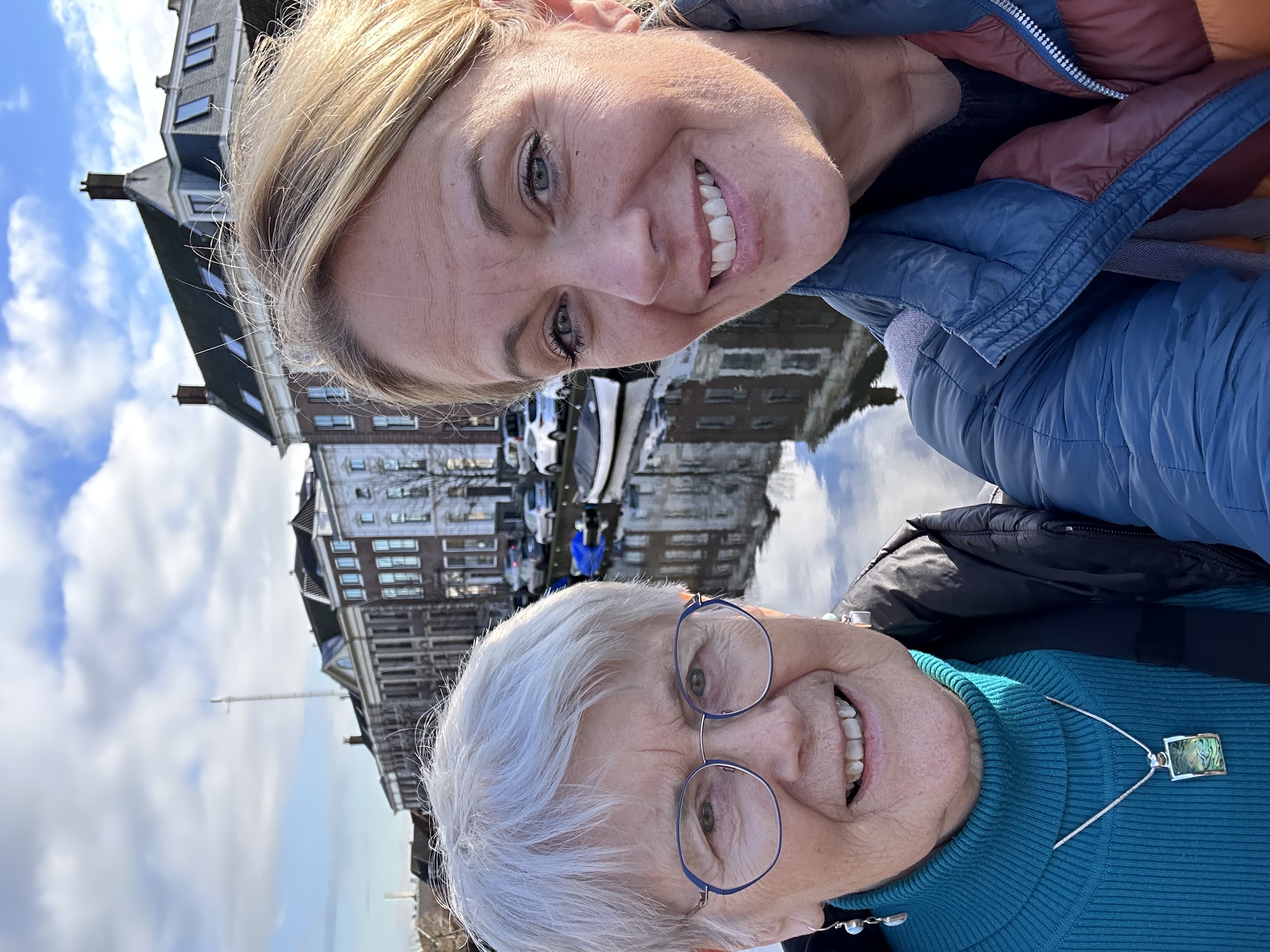
 In this moment, I find myself blessed with an extraordinary opportunity to embark on a journey with my 80-year-old mother, as I celebrate my own 50th birthday. Together, we are traveling the Rhine River, and every step of the way is filled with awe-inspiring beauty. My senses are awake, from the vibrant hues that surround us to the intricate architecture of the buildings, and even the tantalizing flavors of the local cuisine. Engaging with people who speak different languages is a delightful reminder of the diversity and wonder of God's creation.
In this moment, I find myself blessed with an extraordinary opportunity to embark on a journey with my 80-year-old mother, as I celebrate my own 50th birthday. Together, we are traveling the Rhine River, and every step of the way is filled with awe-inspiring beauty. My senses are awake, from the vibrant hues that surround us to the intricate architecture of the buildings, and even the tantalizing flavors of the local cuisine. Engaging with people who speak different languages is a delightful reminder of the diversity and wonder of God's creation.


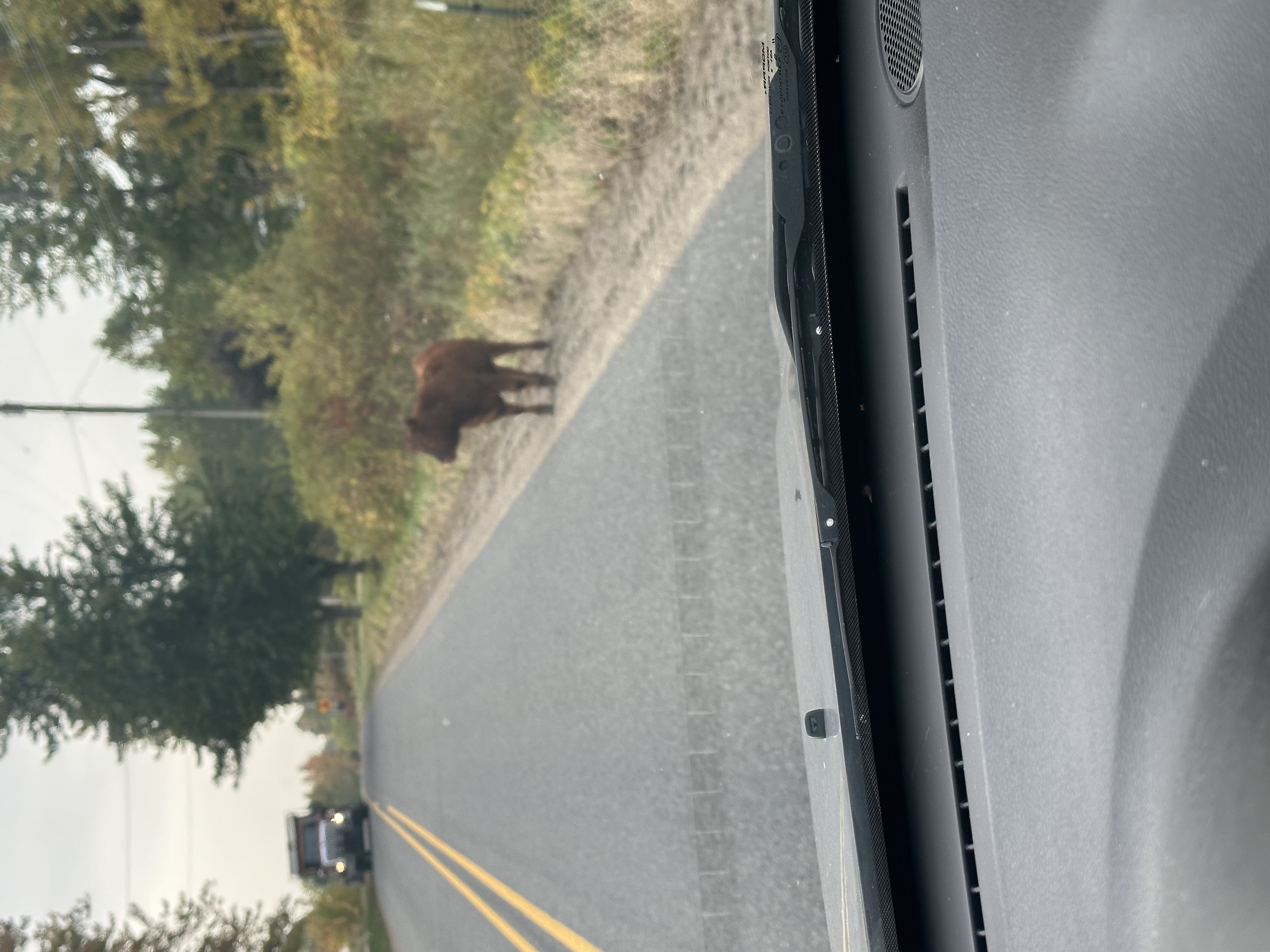


 As I was out on a walk today passed by this beautiful pine tree and caught the sunshine glistening on this spider web. I had to stop and take a photo.
As I was out on a walk today passed by this beautiful pine tree and caught the sunshine glistening on this spider web. I had to stop and take a photo.

